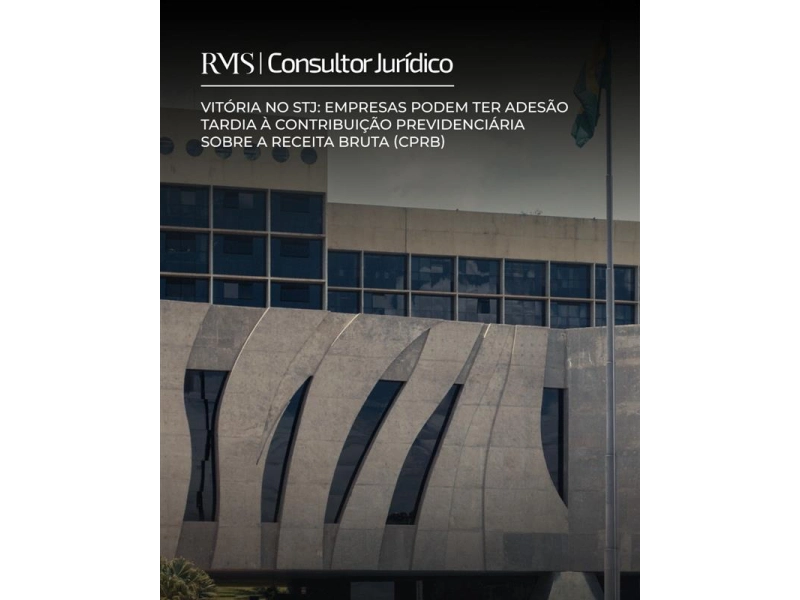
(PT) Vitória no STJ: Empresas podem ter adesão tardia à Contribuição Previdenciária Sobre a Receita Bruta (CPRB)
Sorry, this entry is only available in PT.

Law No. 14,112 / 2020, which came into force in January 2021, brought among the main changes regarding judicial, extrajudicial and bankruptcy reorganization, new installment options and the alternative for the company to present a transaction. The Office of the Attorney General of the National Treasury (PGFN) regulated these instruments for negotiating debts included in the active debt of the Federal Government and of the FGTS in Portaria / PGFN nº 2382/2021.
The negotiation instruments are:
(1) Installment of debts registered in active debt (art. 10-A and 10-B, Law No. 10,522 / 2002), observing the minimum percentages applicable on the consolidated debt value and the term for settlement of the remaining balance in accordance with the type of installment payment. In this instrument, taxpayers undertake to allocate to the amortization of the outstanding balance a percentage of the proceeds from the sale of assets and rights included in non-current assets.
(2) Transaction in the collection of active debt and FGTS (art. 10-C, Law nº 10.522 / 2002) with a maximum limit for reductions of up to 70%, calculated based on specific parameters for debt, collection and taxpayer, and maximum discharge period between 120 and 145 months. In addition, the presentation of the transaction proposal suspends the progress of tax foreclosures.
(3) Transaction of small-value tax litigation (up to 60 minimum wages on the date of accession), in accordance with the specific bidding rules, involving debts of micro and small businesses undergoing judicial recovery, considered in isolation according to the type of registration with payment term limited to 60 months.
(4) Signing of a procedural legal transaction to consolidate the negotiation instruments used together or when the object of the negotiation consists of the acceptance, evaluation, substitution and release of guarantees or on the way of constriction or sale of assets.
The taxpayer, in any of these negotiation instruments, is obliged, among other commitments, to provide, whenever requested, information about assets, rights, values and other acts that make it possible to know his economic situation; not to distribute profits or dividends to partners and shareholders until the judicial reorganization plan is approved; and regularize within up to 90 days the debts that may be entered in active debt or become payable after the formalization of the negotiation.
The Ordinance also regulated the requirements and concessions that can be stipulated in the negotiations, both at the exclusive discretion of PGFN. Among the requirements are minimum entry payment; maintenance of the guarantees associated with the registered debts; and presentation of real or personal guarantees. The concessions, on the other hand, include the reduction and payment in installments of the registered debts; deferral of payment of the first installment; flexibilization of the rules associated with guarantees and the constriction or sale of assets; and the possibility of using its own or third party federal precatories.
The termination of these instruments, which can be caused by the lack of payment, the liquidation of assets, among other reasons, will lead to the withdrawal of benefits granted and the immediate enforceability of all debts admitted and not yet paid, with the continuation of tax foreclosures, in addition automatic execution of guarantees and the option of the National Treasury to request the bankruptcy of judicial reorganization.
Wilson Sales Belchior

Sorry, this entry is only available in PT.

Sorry, this entry is only available in PT.